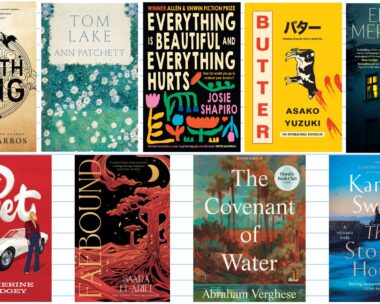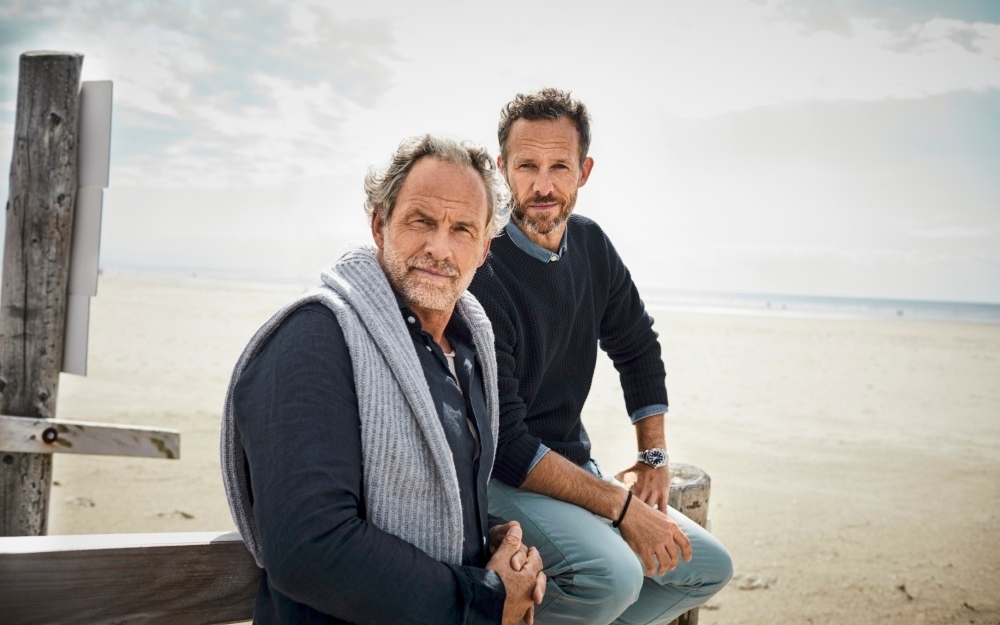After forgetting how to say words she had already learnt, a one-year-old girl from California has been diagnosed with a terminal condition known as ‘childhood Alzheimer’s’
Marian McGlocklin’s parents Sara and Paul grew concerned after their daughter started to forget how to say simple words like ‘hi’ and ‘bye’ that she had already learnt.
“When she was around nine months old she learnt how to say “hi” and “bye” but suddenly one day stopped saying them regularly. Paul and I noticed this happening on a few occasions with new words or actions that she learnt”, said Sara who also has four-year-old daughter, Emily.
After several months of doctors insisting nothing was wrong, the toddler was diagnosed with Niemann-Pick disease type C (NPC), a rare disease which causes mental and physical deterioration similar to Alzheimer’s.
Niemann-Pick type C affects fewer than 3,000 children worldwide and sufferers rarely live past the age of 10. Symptoms can include enlarged organs, loss of balance, muscle stiffness, dementia and difficulty speaking.
While the little girl is undergoing investigative treatment to improve her quality of life and has relearnt some words – at the moment there is no cure for the disease, and most cases lead to death.

“After her last round she seemed stronger than ever and a few days later she took her first steps. About a year ago I didn’t know if she’d ever be able to crawl, it felt so far away, so to see her starting to take steps today truly feels like a dream come true.”
According to Sara without the treatment Marian will “likely die” and the family are now hoping to raise awareness and funds to aid research before Marian loses the ability to move, eat, speak and even breathe.
“Everything Marian does is something we are deeply grateful for, each milestone she reaches is something that I feared she would never be able to do.”
“The treatment she is undergoing isn’t a cure, but hopefully due to medical advances she could be one of the first of her generation to survive the disease.”
“NPC is extremely under-diagnosed and we hope that more awareness will help to fight this awful disease.”




